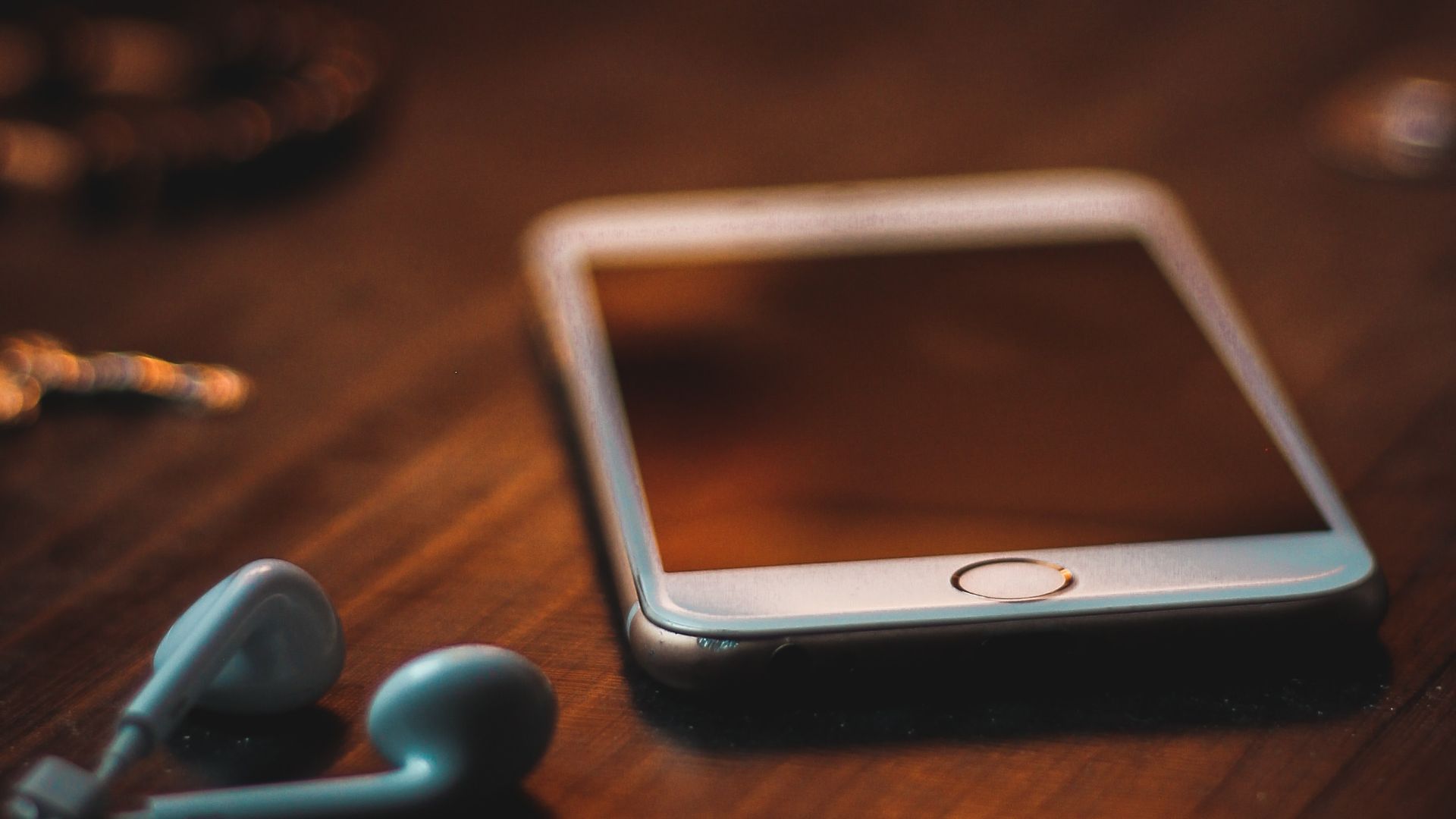Phones are a staple of everyday life. They have become so integrated in everyday life that many people would be lost without their phone. But using your phone before you sleep can largely impact the quality of your sleep, something which is vital for physical and mental health. This is because your body has an internal clock which tells you when to sleep and to wake (your endogenous pacemaker), which is entrained by external factors like light (your exogenous zeitgeber).
Naturally, light decreases very slowly and tells the brain it is almost time to sleep. As light decreases, melatonin (known as ‘the sleep hormone’) levels increase readying your body to sleep. However, when you use your phone, this is a constant bright light telling your body to ignore its internal body clock and stay alert. The melatonin is not being produced, because the light levels from your phone tell your body it is daytime. So when you turn off your phone and try to go to sleep, your body has to produce a lot of melatonin all at once, in order to achieve this goal. This is not normal for your body and puts it under stress. Melatonin also affects your serotonin levels. Low levels of serotonin are linked with depression. So when you have a large concentration of melatonin, this also causes a more significant decrease in the amount of serotonin your body produces.
Some psychologists have said that the increased usage of phones in everyday life links with the increasing mental health crisis*. But even if you did not agree with this statement, it has been proven that getting less than 7 hours of sleep per night can increase the chances of psychological disorders, like depression and anxiety and is linked with the risk of being diagnosed with Alzheimer’s disease later on in life.**
Another thing that occurs more and more often now that social media is at large, is people scrolling through these platforms and losing track of time. People lose hours of their lives watching ‘just another episode’ or ‘one more video’. So here is an appeal to everyone. Help yourself, and put your phone in another room, at least 20 minutes before you intend to go to bed. You might not feel the benefits now, but you will in the long term.
*This is also to do with other factors, like the dopamine rush you get when your phone dings, or the reduced social relationships associated with a wireless device addiction.
**From ‘Why We Sleep’.
Take a look at our useful resources page for links to help with your emotional wellbeing and help lines if you need to speak to someone.




